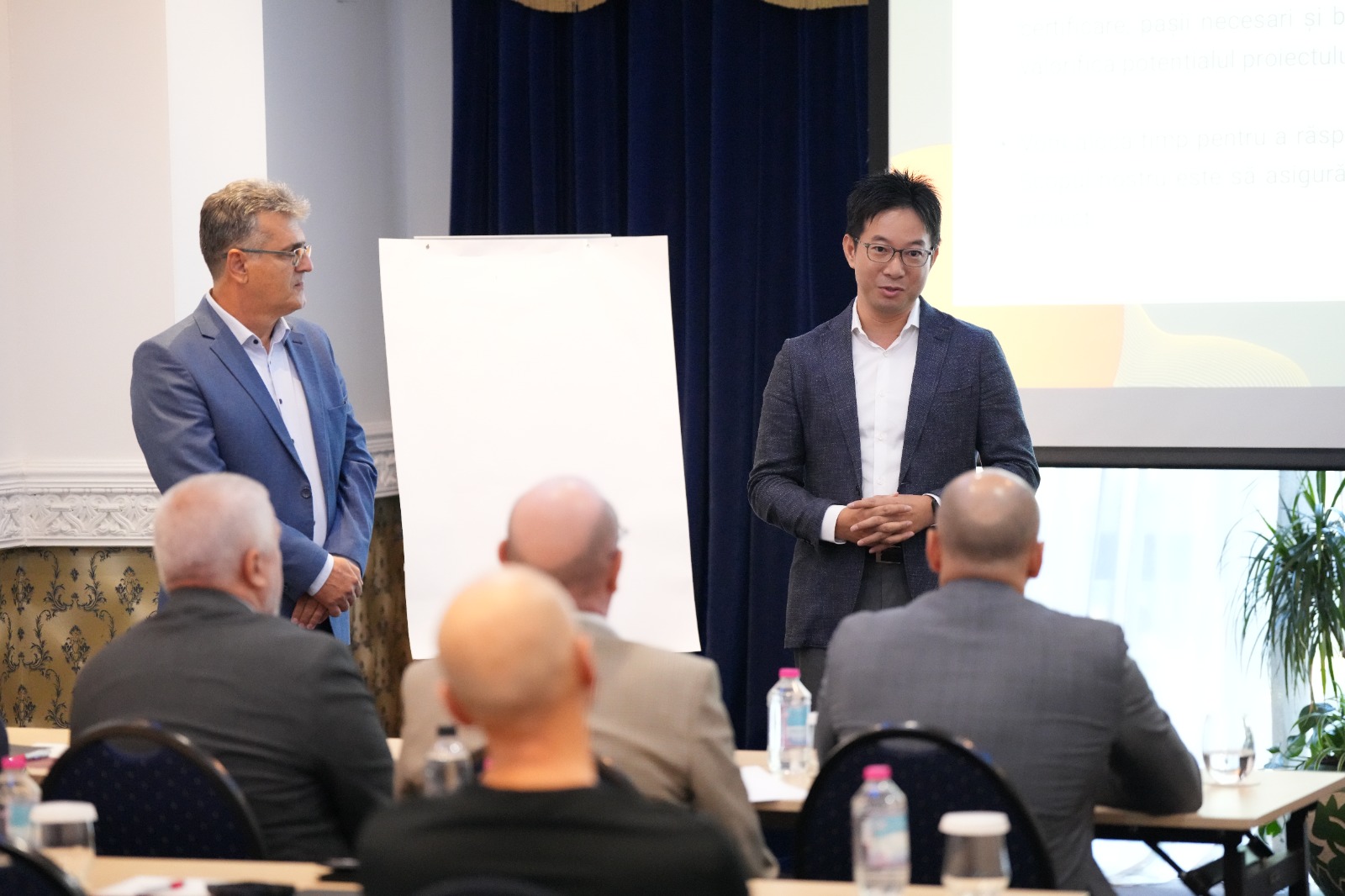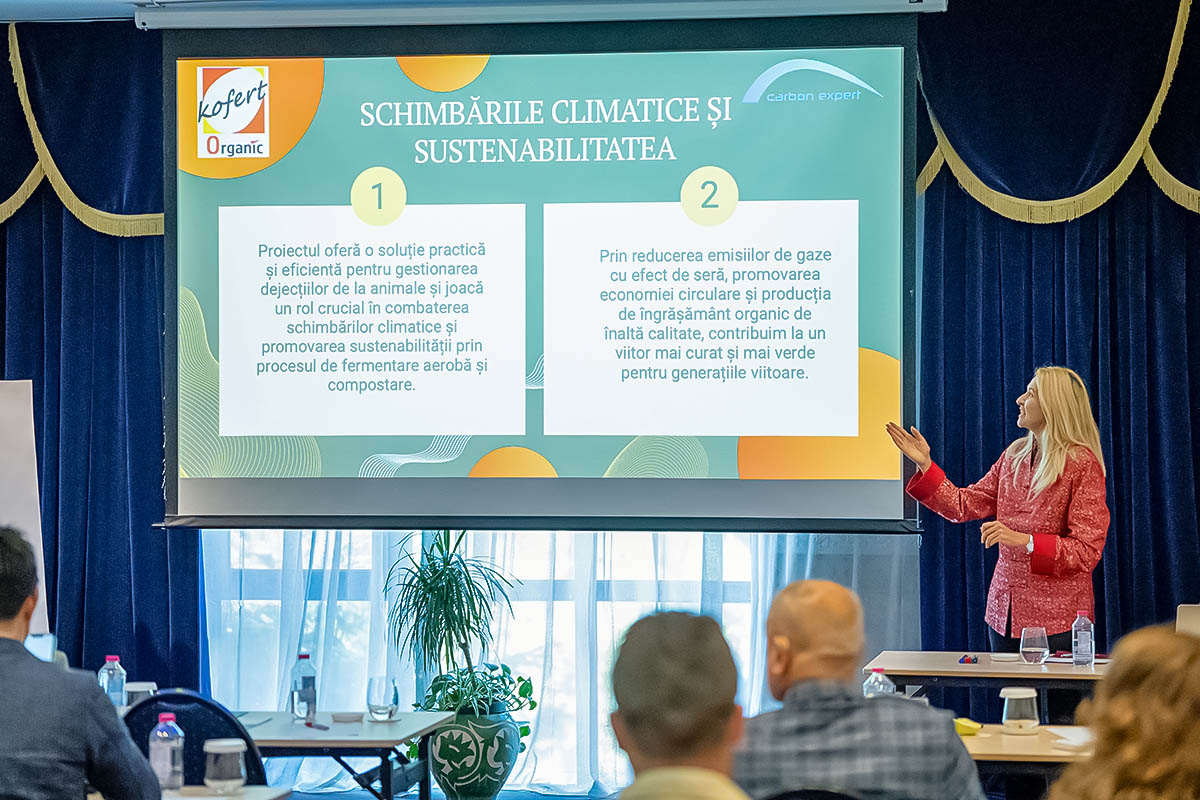EU ETS 2 Directive
Our EU ETS 2 Consultancy Services
EU ETS 2: Expanding the Carbon Market to Transport and Buildings
As the EU continues to ramp up its climate ambitions, a significant new development is on the way: EU ETS 2. This new phase of the Emissions Trading System is set to extend the scope of carbon pricing beyond the sectors covered under the existing EU ETS, targeting road transport and buildings.
The ETS2, which will become fully operational in 2027. As a first step, the monitoring and reporting of emissions will begin in 2025. Over the course of 2027, a 30% higher volume of allowances will be auctioned to provide market liquidity. As in the existing EU ETS, the ETS2 will operate with a dedicated, rule-based market stability reserve to mitigate insufficient or excessive supply of allowances to the market.
What is EU ETS 2?
Unlike the current EU ETS, which regulates large industrial emitters and the energy sector, EU ETS 2 will focus on the fuel suppliers for road transport and heating. Under this new system, companies supplying fuels like petrol, diesel, heating oil, and natural gas will be required to buy emissions allowances for the CO2 released when their fuels are burned.
This shift is driven by the need to price carbon more effectively across the economy, particularly in sectors that have been historically difficult to decarbonize. The legislative basis for ETS 2 is outlined in Directive (EU) 2023/959.
When Will EU ETS 2 Take Effect?
The European Parliament and Council of the EU have agreed that ETS 2 will be fully operational in 2027. As a first step, the monitoring and reporting of emissions will begin in 2025. Over the course of 2027, a 30% higher volume of allowances will be auctioned to provide market liquidity. As in the existing EU ETS, the ETS2 will operate with a dedicated, rule-based market stability reserve to mitigate insufficient or excessive supply of allowances to the market.
Sectors Included in EU ETS 2
EU ETS 2 will include:
• Road transport: All fuel suppliers for passenger vehicles, commercial fleets, and logistics services will be required to purchase allowances for their CO2 emissions.
• Building heating: This includes residential and commercial heating fuels, such as natural gas, heating oil, and coal.
• Small industries: Smaller industrial sectors, which were outside the scope of the original EU ETS, will also be required to participate in EU ETS 2.
Higher Fuel Prices as a consequence
A big consequence of EU ETS 2 will be a notable rise in fuel prices. Carbon Expert analysts predict an increase of approximately €0.50 per litre at the pump for both petrol and diesel. This is driven by the fact that fuel suppliers will need to purchase emissions allowances, which they are expected to pass on to consumers.
While this will put immediate financial pressure on households and businesses, it is designed to push the market towards lower-carbon alternatives. Electric vehicles, public transport, and energy-efficient buildings will become automatically more attractive as the costs of traditional fuel-based systems rise.
ㅤ
Contact Us
ㅤ
Carbon Expert provides specialized consultancy in the EU ETS 2 market and offers services to guide you through the complexity of these regulations related to reporting, monitoring and trading. With over 15 years of expertise in sustainability and emissions trading, Carbon Expert supports you in understanding the financial impact, identifying opportunities for emissions reduction, and implementing effective strategies to adapt to new requirements.
Posted in: Uncategorized
Leave a Comment (0) →


